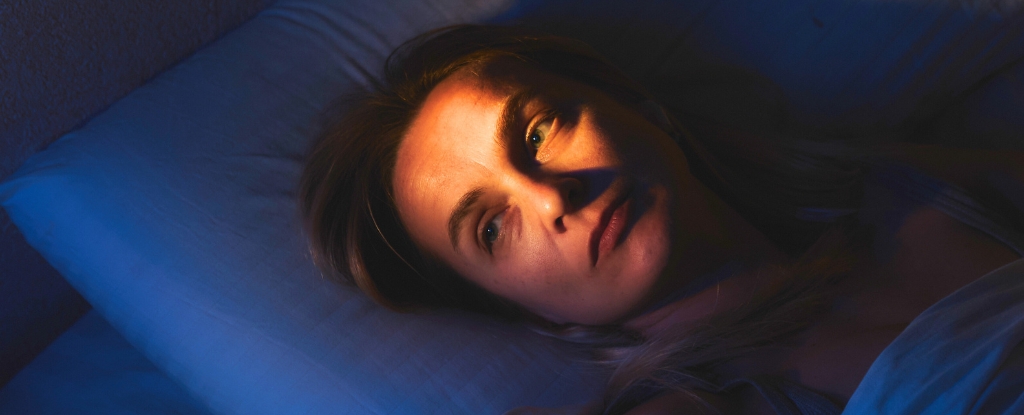
Recent research has uncovered a significant link between gut bacteria and the risk of insomnia. Conducted by scientists from China and the United States, the study analyzed data from over 400,000 individuals, suggesting that the microbial composition of the gut may play a crucial role in sleep disturbances. The findings indicate that not only can gut bacteria affect sleep quality, but poor sleep may in turn disrupt the gut’s microbial balance, creating a complex feedback loop that exacerbates insomnia.
Insights from the Research
Led by psychiatrist Shangyun Shi from Nanjing Medical University, the research employed a statistical technique known as Mendelian randomization. This approach utilizes genetic variations, which remain constant throughout a person’s life, to establish causal relationships between different factors. The team discovered that certain bacterial taxa were positively correlated with insomnia risk, while others appeared to reduce the likelihood of sleep issues.
The study identified the Clostridium innocuum group of bacteria as particularly concerning, linking it to an increased risk of insomnia. Although this bacterium is generally not harmful, its association with sleep disturbances warrants further investigation. The researchers reported that they found a total of 14 bacterial taxa positively correlated with insomnia and 8 negatively correlated. Additionally, they noted reverse effects of insomnia correlated with 19 identified microbial taxa.
Complex Interactions and Future Implications
The gut-brain axis has been previously recognized for its role in various health conditions, including stress, neurodegenerative diseases, and mental health disorders. The authors of the study speculate that the chemical reactions initiated by certain bacteria may contribute to the observed effects on sleep.
While this research sheds light on the intricate relationship between gut bacteria and insomnia, it is essential to note that gut microbes represent just one aspect of the broader insomnia puzzle. Factors such as workplace stress and lifestyle choices also significantly influence sleep quality.
The researchers emphasize the need for further studies involving diverse populations, as the current data predominantly comes from individuals of European descent. They envision a future where treatments such as prebiotics, probiotics, and even fecal transplants could be developed to address insomnia through gut health.
In their concluding remarks, the researchers stated, “The intertwined effects of insomnia on gut microbiota and vice versa represent a complex bidirectional relationship involving immune regulation, inflammatory response, release of neurotransmitters, and other molecular and cellular pathways.”
The findings were published in the journal General Psychiatry, marking a pivotal step in understanding the connections between our microbiome and sleep health.







